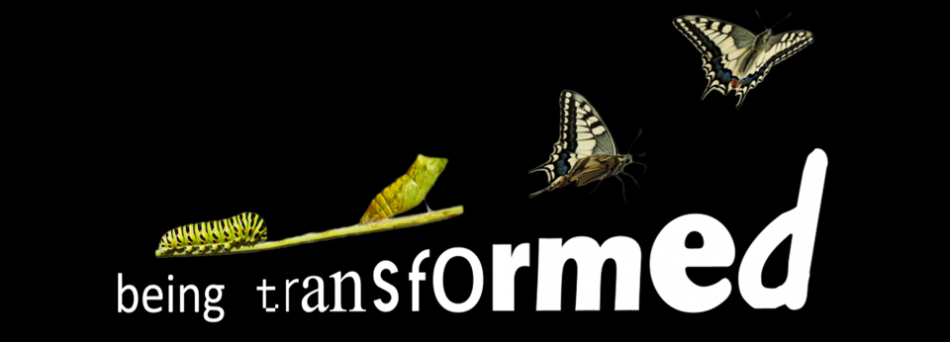This week is being consumed by thoughts about the mass shooting in Orlando, an under-reported murder of a police officer and his partner in the area in which I used to live in France, and the one-year anniversary of the mass shooting at Emanuel African Methodist Episcopal Church in downtown Charleston, South Carolina, (this latter is the second largest one in our history, while the massacre in Orlando has the dubious distinction of being the worst). We move through this week in shock and sadness, confusion and fear. Crimes done if not in the name of hate, fear and implicit bias, done to some degree because of them. How do we refuse to remain silent in the face of such dehumanizing and life negating violence, hate and evil? How do we be church – a community of faith rooted in the teachings of Jesus and growing outwards – in our world of today? As we gather our national church gathers in Portland, Oregon for our 222nd National General Assembly to ask those same questions and to deliberate as to how best and most faithfully to be church together today.
We continue in our reading of 2 Corinthians, Paul’s letter of pastoral advice to the church in the ancient Greek metropolitan town of Corinth. In a town of great cultural, racial and religious diversity because it was a port town and a vibrant commercial center, the beginnings of what we now call implicit bias were taking root. In the ancient world folks were encouraged to make choices of who to work and be with, whom to trust and be in relationship with, based upon sameness: the sameness of culture, national identity, race and religion. It was a way for people to be safe from foreign invasion, to avoid the banal and quotidian violence of life in Roman times, and to work together for the greater good.
Today we live in an even greater concentration of diversity: religion, race, culture, language, nationality, orientation, education and class. But today at the foundational base of our society is an affirmation of equality among all people. Yet there is something that remains with us of this implicit bias, which limits and blinds us. Harvard psychologist Dr. Mahzarin R. Banaji writes of this paradoxical blindspot that keeps us, even as good people, from approaching each other in the egalitarian way enshrined in our national constitution. But more importantly for us as people of the Christian faith it is the root from which our faith grows: “God created human beings; created them godlike, Reflecting God’s nature. God created them male and female. God blessed them.” (Genesis 1:27-38 : the Message) Jesus taught a new commandment: “Love one another. In the same way I loved you, you love one another. This is how everyone will recognize that you are my disciples—when they see the love you have for each other.” (John 13:34-35) We know what we want, but don’t do it. We sin: missing the mark we’re intended to hit, which we desire to complete. The only way we can respond to our blind spot, by recognizing it and moving beyond it is to repent: recognizing that we were lost and misleading ourselves, turning around and going in a different direction.
Paul writes that we are all in need of reconciliation and grace. We are not merely people on a continuum of unavoidable self-improvement and progression. We are human, and somehow we miss the mark, the hope that God has for us to be godlike, complete as God is complete. We have to make a radical jump in order Paul asserts that we know, experience and receive that transformation, life-unleashing grace in the death and resurrection of Jesus. It’s of this miraculous treasure that we are called not to be misers, but to be ambassadors; not to be selective but abundant givers. But how do we do that in a time in which we often claim to not have enough time, feel unsure of our capacities, are overwhelmed by the tsunami of information we face each day, and our seemingly constant pattern of continuous change?
Questions for Reflection:
- How are you experiencing grace (Christ dying for us so that we might become the righteousness of God in him) in your life today ?
- How are you becoming the righteousness of God in Christ? suffering and trails (or nakedness as Paul calls it in today’s scripture)?
- How do you need God to free, heal or recreate you so that you might join with God in ministry of reconciliation?; so that you might allow God’s mercy, justice and grace to overflow from you as a gift to all?
